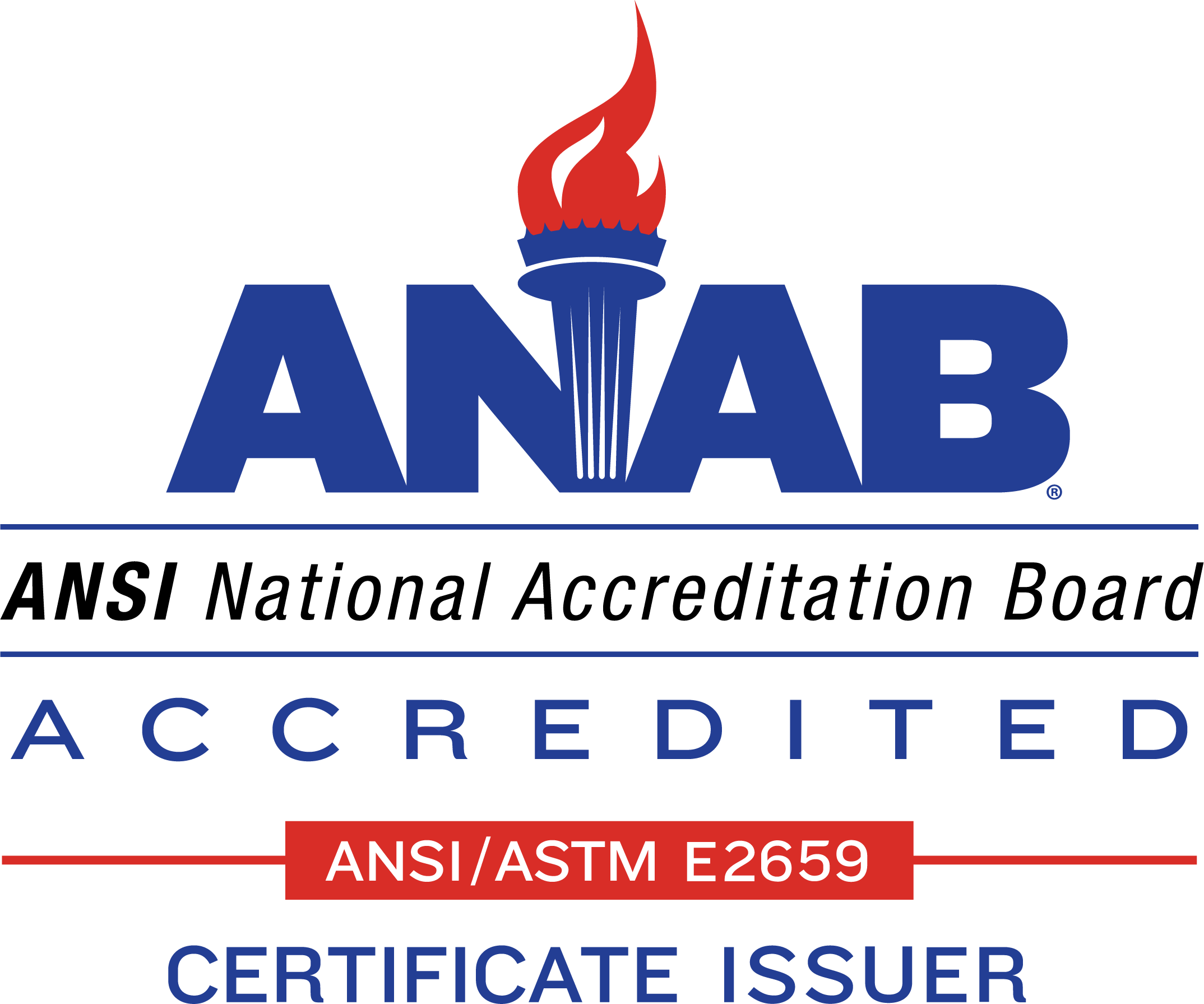1. EFOODTRAINER Certificate Program
1.1. Program Purpose
1.2. Program Scope
1.3. Course Outlines
1.4. Course Intended Learning Outcomes
2. EFOODTRAINER Certificate Issuance, Use and Invalidation
2.1. Certificate Issuance Policy
2.2. Certificate Usage Policy
2.3. Certificate Invalidation Policy
2.4. Certificate Invalidation Procedure
2.5. Program Requisites
2.6. Inferences and Designations
2.7. Academic Credit and Continuing Education
Program Purpose
The purpose of the eFoodTrainer Certificate program is to provide essential training to anyone within the FDA’s definition of a “food employee” and fulfill jurisdictional requirements for accredited food employee training. (As of July 2023)
Program Scope
This program instructs food employees on the principles and behaviors necessary to control or prevent the most common foodborne illness risk factors.(As of July 2023)
Course Outline
Chapter 1: Importance of Food Safety
Chapter 2: Foodborne Illness & Food Temperature Control
Chapter 3: Different Forms of Food Contamination
Chapter 4: Food Safety
Chapter 5: Personal Hygiene
Chapter 6: Purchasing and Receiving Food
Chapter 7: Food Flow During Preparation Process
Chapter 8: Food Flow During Serving Process
Chapter 9: Cleaning, Sanitizing and Pest Control
Course Intended Learning Outcomes
1. The Food Handler will define food safety and its importance.
2. The Food Handler will explain how food becomes hazardous, and recognize how to preserve food, recall symptoms and causes of common foodborne illnesses, identify spoilage signs and causes.
3. The Food Handler will utilize food safety by temperature control (time as a public health control, proper cooling techniques, danger zone – hot and cold holding of potentially hazardous foods).
4. The Food Handler will identify four types of contamination and will be able to minimize/ prevent cross contamination within a food establishment, including the following: the definition of cross contamination and how to prevent it, physical, chemical and biological hazards in foods.
5. The Food Handler will recognize Food Handler roles, responsibilities, Governmental agencies: its roles and responsibilities and food safety management procedures.
6. The Food Handler will promote proper personal hygiene practices while working in a food handler capacity, including the following proper handwashing and food handling practices and techniques.
7. The Food Handler will understand procedures for acquiring and receiving food, considerations for meat, poultry and fish, and proper food storage.
8. The Food Handler will understand time, temperature, and control with relation to food handling, how to properly take the temperature of food and maintain the temperature while storing food and proper use of thermometers and food safety tips.
9. The Food Handler will identify both proper and improper cleaning and sanitizing procedures and implications and identify signs and eradication procedures for pest infestation.
Certificate Issuance Policy
Learners who successfully complete the majority of the learning event and receive a passing score on the assessment will be awarded a certificate of completion. Certificates are valid for three (3) years from the date of issuance. Once expired, learners must retake the course and successfully complete the test to be issued a new certificate. Some jurisdictions may require a longer or shorter term of validity for food handler certificates. Learners are advised to check with their local health authority for specific requirements.
eFoodTrainer certificates shall contain the following information:
Certificate validity may be determined online at https://www.efoodtrainer.com/en/check. Certificates that have been issued by eFoodTrainer and can be verified as described here, are considered authorized by the certificate issuer, eFoodTrainer.
Certificate Usage Policy
The eFoodTrainer Food Handler certificate is intended to inform employers and local health authorities that an individual has completed basic food safety training and successfully passed the final test.
The following usage policies apply at all times:
Certificate Invalidation Policy
Certificates may be invalidated at the discretion of eFoodTrainer and in accordance with the stated policy and procedure described herein.
Certificate Invalidation Procedure
Program Requisites
To be issued a certificate of completion, learners must watch the majority of the training program and complete the final assessment with a passing score of 70% or higher. To maintain a valid certificate throughout the term of validity, learners must adhere to this Certificate Issuance and Use policy and all applicable terms of service.
Inferences and Designations
The eFoodTrainer certificate of completion, also called a “food handler card,” issued after successfully accomplishing the program requisites, indicates that the learner has demonstrated competency concerning food safety practices appropriate for food employees. The certificate is not interchangeable with or a replacement for a Food Protection Manager certification (CFPM). Certificate holders have not been certified, licensed, or accredited in food safety. The certificate does not confer designations or acronyms to the holder.
Academic Credit and Continuing Education
This program is not redeemable for academic credits and has not been approved for use as continuing education.
How to get a Food Handler Certificate?
Just sign up, pay the course fee, take 2-hour course, take and pass final test and get your certificate, download and print it right away.

